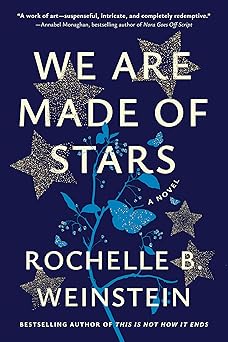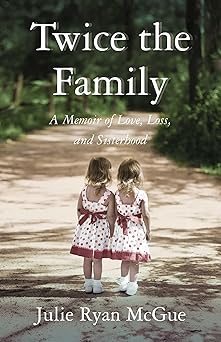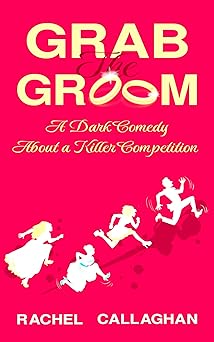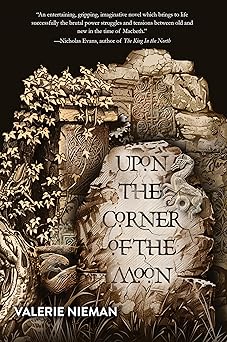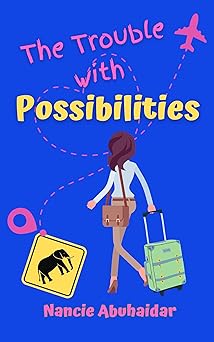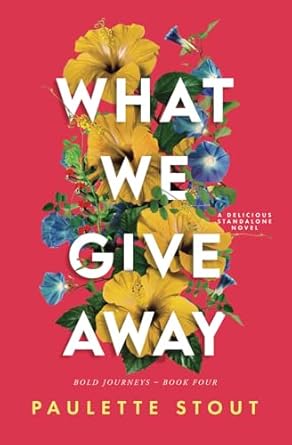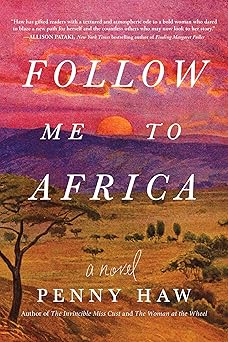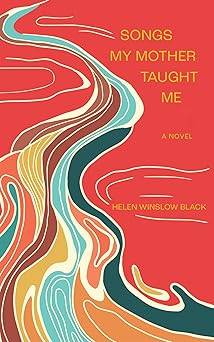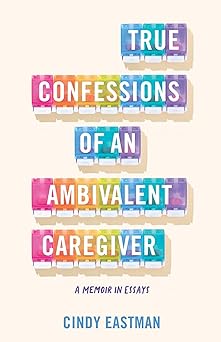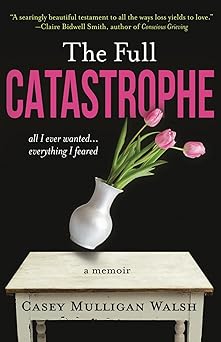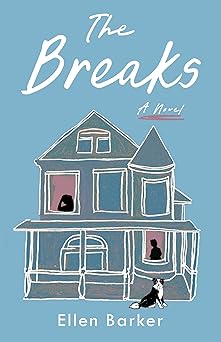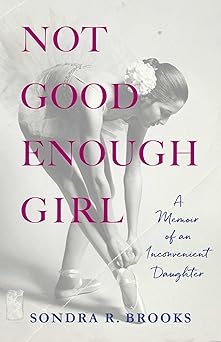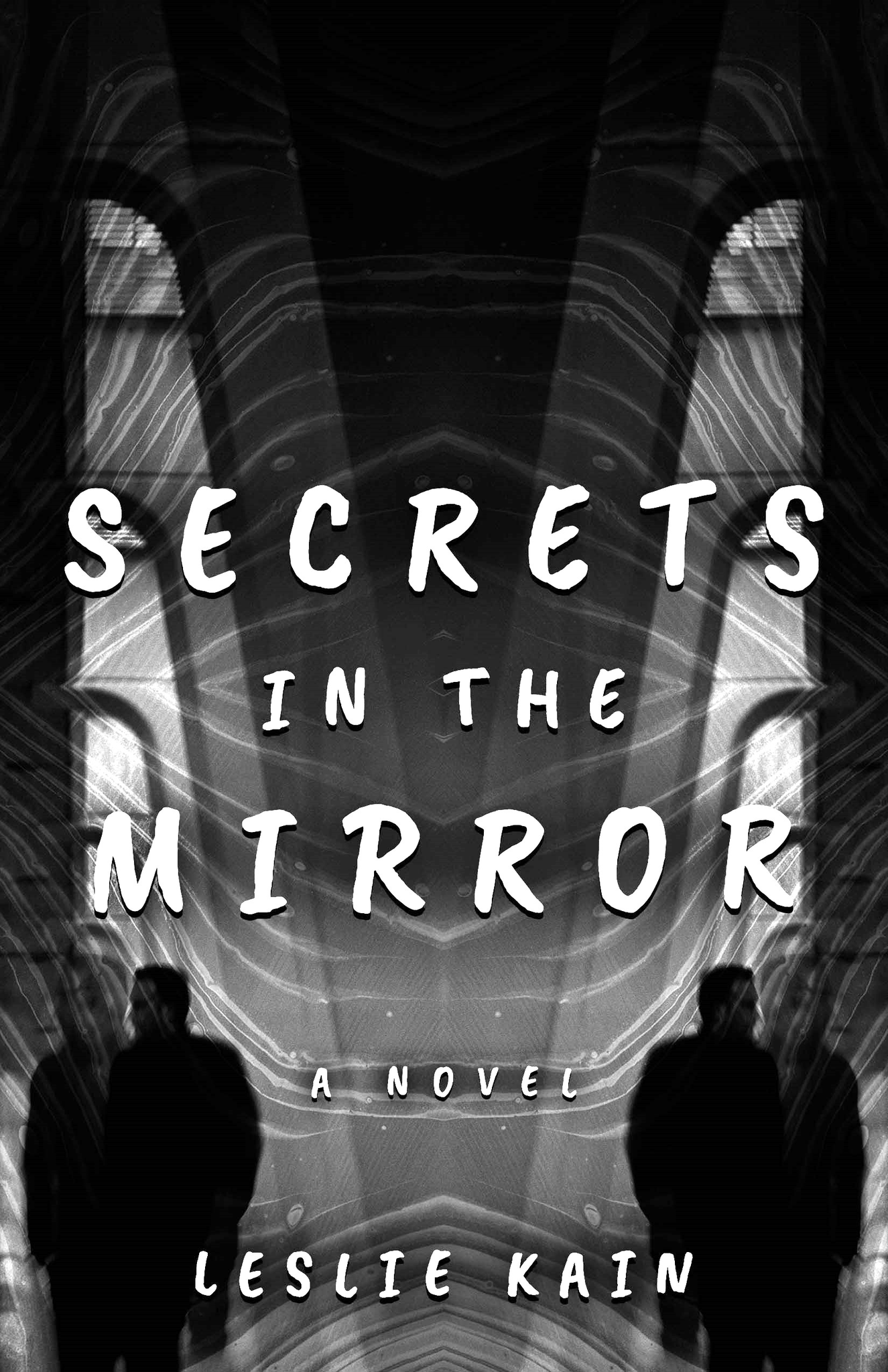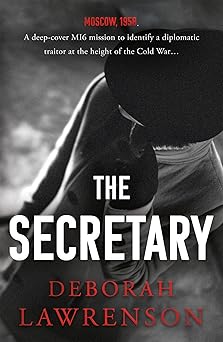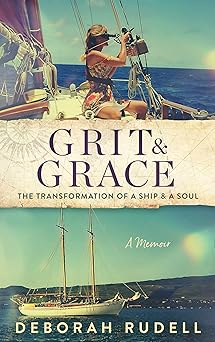Conscious Writing: Confessions and Tips from a Supposed Accountability Expert
Conscious Writing: Confessions and Tips from a Supposed Accountability Expert
 Writing is hard. And if you believe the adage, what is most personal is most universal, then I imagine many of you also find writing can be hell. The truth is, writing my book, Conscious Accountability, was a hot mess. So, when I was invited to write this article to offer you all tips and inspiration, my imposter syndrome skyrocketed. I do not wish my writing process upon anyone.
Writing is hard. And if you believe the adage, what is most personal is most universal, then I imagine many of you also find writing can be hell. The truth is, writing my book, Conscious Accountability, was a hot mess. So, when I was invited to write this article to offer you all tips and inspiration, my imposter syndrome skyrocketed. I do not wish my writing process upon anyone.
I have been wrestling with the question, “What on earth can I communicate to these readers that might be useful?” I have avoided this article like the plague. I had tons of starts. I even enlisted the help of ChatGPT to kick start me with a first draft. When that didn’t work, I asked ChatGPT to motivate me to write like it was my sexy husband. I still did not get the article done.
Now, here I am, at the eleventh hour of my deadline, still struggling. However, a realization has hit me. Maybe I should just come clean with my struggles. Reflect on my experiences and share my learnings. I mean, that is the spirit of the book, to bring into awareness what is impacting and influencing us below the surface. To become more conscious of our processes. If I do this, become more conscious of my own writing, maybe it will resonate with others. And if that is true, perhaps someone might feel a bit less alone. Here are my confessions/tips of a reluctant writer who wishes she wasn’t so compelled to put pen to paper.
Don’t Go it Alone: I need a lot of help and support. Therefore, my top tip is don’t go it alone. I strongly recommend enlisting help from safe people – especially other women. I first met my now business partner as the second writing coach called in to help us with the book. We did not continue with her as a group; however, I chose to enlist her services individually. I have another writer/coach on standby patiently waiting for a draft of this article. I had another colleague interview me to get the juices flowing for this article. I have three sisters who are a constant source of support and love. And many other women whom I know are rooting for me.
Reach out, ask for help. People want you to succeed. Hell, I want you to succeed! Drop me an email! I seriously would love to hear from you. We need each other. Writing can be a lonely task that evokes all sorts of feelings. Which brings me to my second confession/tip.
Hug Your Demons: I experienced a lot of difficult feelings while writing this book. The way to manage these feelings is to invite them all. Ugh. I know. It’s awful. But if you don’t, you will exert a lot of energy struggling with them. As Carl Jung said, “What you resist not only persists, but will grow in size.” Dang it, Carl! I needed to embrace my demons, treat them with compassion, and trust that they would come and go in their own good time. One technique I found particularly helpful was process writing. I imagine many of you are familiar with morning pages by Julia Cameron. They have been my frenemy through the years. Super helpful and painful, all at the same time.
This is the sort of process writing I am talking about. For this book, my writing coach was wonderful at providing prompts when I was stuck. I would call her in a frenzy or in a slump and complain about not being able to get going. In her wisdom, she would inquire about what is in me that needs to be written. One catalyzing prompt she gave me was, “What are you afraid to write?” So perhaps you, too, might benefit from reflecting upon what else is trying to come through you when you are procrastinating or stuck, and just allow yourself 20 min of free writing (20 min is the amount of time prescribed by James Pennebaker in his Expressive Writing technique, which happened to be the subject of my doctoral dissertation).
Let it be Good Enough: I exhausted myself with revisions. I have learned painfully to let it be good enough. I am guessing most of you are familiar with the sage advice of Anne Lamott, to write a shitty first draft. I absolutely love this advice. But I struggled with what to do after the first draft. My wish for you is to let it be good enough. A video game artist once told my son, “Creative work is never done, it is simply released.”
There came a time in the book writing process when I was forced by a health crisis to let it be good enough and released. Towards the end I was fighting lung cancer and did not have the same capacity. I lowered my bar and let a lot go. I do now see areas where my parts of the book could be better. But done is better than perfect, especially when you have other priorities. And we all have other priorities. So do a shitty first draft and let the final draft be good enough.
Trust Your Process: My final confession is that I am a disorganized mess. Take, for example, the writing of this article. I have notes and drafts everywhere. In google docs, on my phone, in my morning pages journal, in other notebooks. I’ve tried to look back in old notebooks from the book to help inform this article. What a painful rabbit hole that was! I never thought I would get it done.
I was embarrassed in front of my colleagues and publicist. And I just didn’t want to do it. But I did want to do it. So, trust your unique process. This article came to me in the car as my husband drove us to a coffee shop downtown because I thought getting out of the house might help me hunker down and finally get it done. I’m writing it now in the notes app on my phone. All the previous research, thought work, drafting, seems to be thrown out the window. It is not. It’s what got me here. Right now, in this moment. Show up, in whatever messy, imperfect way you do, and trust your creative process. I don’t think we have full control over creativity. What we can control is our behavior that will invite it and foster it. Just keep scribbling.
I find myself at the end of this article realizing I haven’t written about the content of my book Conscious Accountability nor promoted it. Part of being a woman who writes is getting our words out there. My lovely colleague, Charisse Adams, just texted me after reading a draft of this article, “Every woman who shares her voice makes space for more of us.” Even though self-promotion is the part I hate the most, I am committed to making space for more women to use their voices and promote their work. Hence, I’ll share about my book.
I was inspired to write Conscious Accountability because getting things done has been a struggle for me. My solution was to find accountability partners. In that way, accountability became shared, improved results, led to deeper relationships, and was a whole lot more fun – turning me into a big fan of accountability. This is my wish for the book, to shift accountability from a wince-inducing concept to one that invites collaboration, learning, and joy. We outline 7 practices, a series of mindsets and behaviors that can help make this happen. My favorite is Noticing. Kindly, check the book out if you are so inclined.
Finally, I hope this article was helpful. Please know, you are not alone. And if you are compelled to write, I wish you much gentle compassion. May the writing gods be kind to you every so often and may you find love and support when they elude you.
Conscious Accountability: Deepen Connections, Elevate Results
BUY HERE
Marianne Pantalon is a licensed clinical psychologist and executive coach, is co-founder and COO of the Center for Progressive Recovery, and is a senior facilitator at the Interpersonal and Group Dynamics Program at Yale University School of Management. Their new book with co-author Daryn David is Conscious Accountability: Deepen Connections, Elevate Results (ATD Press, Aug. 16, 2022). Learn more at consciousgrowthpartners.com
Category: On Writing





